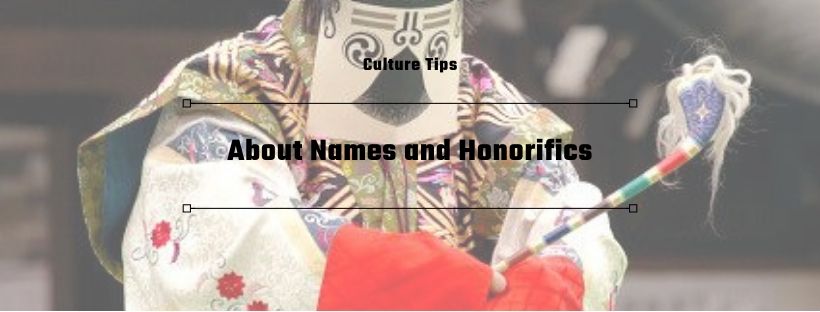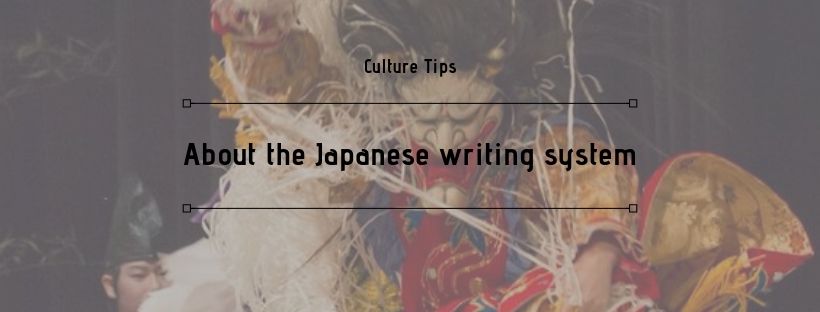Author's note & culture tips
A big thank you to all of you who've come so far and finished reading the first book of the TEMPER series. And special thanks for those who felt compelled enough to comment and fangirl, I'm so grateful to read what you think of those characters!
Since I first posted DEFERENCE in June 2018, it went on to be Wattpad Featured just after three weeks, and won several awards. I can't even begin to tell you how excited and humbled I've been over the past months. Thank you for all your reads and votes!
Because many of you sent me questions related to Japanese culture, I think it could be useful to share a few tips with you. Feel free to ask me any by the way.

In Japan, people address each other people by their last name, even among friends. This is especially true among men; the rule is more flexible among women. First name is much more intimate, and there are like a hundred of little rules about when and how to use it, even among family members. Titles, such as 'father', 'mother', 'older brother', 'older sister', 'husband', 'wife' are used rather than names.
In TEMPER, most of my Japanese characters come from traditional, conservative backgrounds, so this is applied strictly.
In addition to last name and title rules, Japanese language has a range of honorific suffixes added to names. "Sama" signals respect for someone's relative higher social position in regard to yourself. But it can also be used toward a customer, because "the customer is king" and should always been treated with the utmost respect.
The standard suffix (but still honorific) is "san", which we translate in English by "Mr., or Miss, or Mrs." but it has actually a different meaning. It is even added after company names when referring to a company which is not yours.
"San" will be added even after first names. Omitting it is extremely rude when addressing someone. However, when talking about your own wife or husband, or mother or father, to someone else, the "san" is dropped, or even a different word is used, as it is seen as being presumptuous to talk in honorific terms about someone in your own family.
The whole Japanese language reflects those nuances, with many different degrees of registers that are applied depending on the occasion and mutual social positions and relationships.

Japanese writing includes three different systems, combined at all times. First, thousands of ideograms coming from Chinese. They were modified, but not so much. 本多 would be Honda,中沢 would be Nakazawa.
Along with it, two 46-mora syllabaries, one called hiragana (ひらがな) and the other katakana (カタカナ).
These two represent the same sounds but are used for different purposes (hiragana for grammatical particles, katakana for words borrowed from foreign languages).
So, for example, "Honda sensei, would you like some beer?" is written:
本多先生、ビールを飲みませんか?
Bạn đang đọc truyện trên: AzTruyen.Top